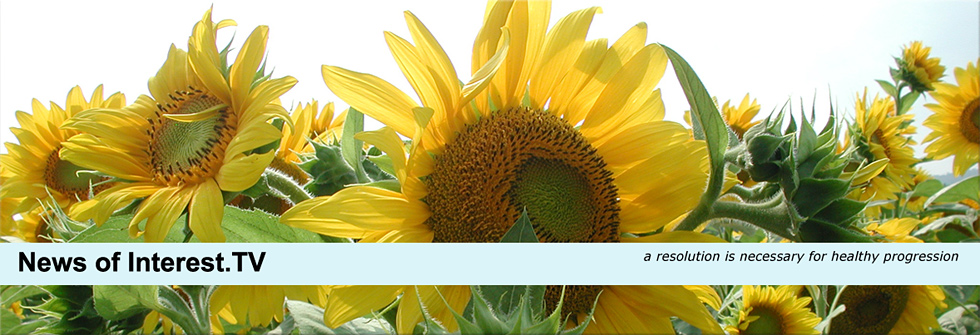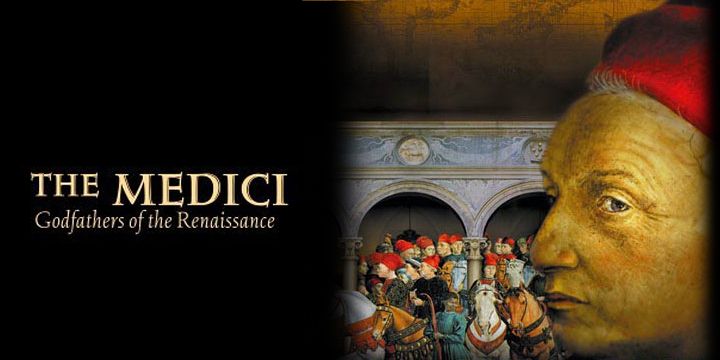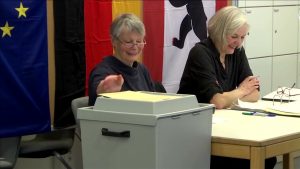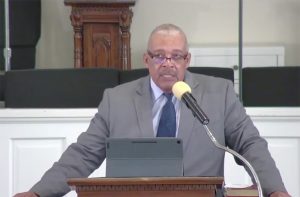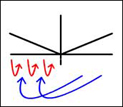“The Medici: Godfathers of the Renaissance” (documentary series)
by Edward Ulrich, updated January 5, 2023
The four part PBS miniseries “The Medici: Godfathers of the Renaissance” documents the rise and 200 year reign of the Italian banking family the Medicis starting in 1389 AD, where they were financial patrons of the most influential artists and scientists of the Renaissance such as Michelangelo and Galileo, with members of their family even ascending to the Papacy, but with their reins as Popes being so notoriously corrupt that they were responsible for triggering the Protestant Reformation.
The documentary details the circumstances that occurred over generations as the family continued to gain power and influence in Europe.
See the official website for the series.
[Note: A while ago I noticed that this documentary was no longer available to be viewed on Amazon streaming, so I used my previous written descriptions to make pages with episode videos that I found on the internet.
Also I think the fascination that the artists of the Renaissance had with male nudes was very strange. I don’t understand how the people in Italy didn’t have a problem with paintings and statues of fully naked men on display in public, even in churches! It wouldn’t be acceptable for men to walk down the street like that, so why did people accept such public statues and other artwork? The documentary doesn’t really focus on that aspect too much, although it does annoyingly depict it sometimes. I think I will edit those parts out sometime in the future. The documentary does talk about a backlash occurring to the attitude of the artists, but apparently it was not particularly about the male nudity which continued and even increased afterwards.]
Each of the following pages contain a full written summary of their video.

This episode details the establishment of the Medici banking family from humble origins, where they gambled on financing a former pirate Baldassarre Cossa who had ambitions to become Pope— and after he was appointed to the position he granted the Medici family exclusive control of the Papal accounts, making them known as “God’s bankers” and giving them a sudden leap in status. Also explained is how the family took another gamble and financed the maverick architect Filippo Brunelleschi to construct a dome over the Santa Maria Basilica in Florence using many untested engineering techniques.

This episode details how the Medici family continued to gain power and spent an enormous amount of money financing artists such as painters and sculptors, turning Florence into a cultural factory for the arts; how the family dealt with deadly rivalries including assassinations and assassination attempts; and how a conservative backlash swept Florence where prostitutes and homosexuals were burned at the stake, and with many books and artworks being burned.

This episode explains the fickle nature of the citizens of Florence, where the Medici family were cast into exile, only to be embraced again once Giovanni Medici was elected as Pope; Pope Giovanni indulging in much vice and hosting elaborate dinners every night, also making decorating the Vatican a priority; Michelangelo painting the ceiling of the Sistine Chapel; Cardinals attempting and failing to assassinate Pope Giovanni; Pope Giovanni emptying the Papal coffers a year into his rein due to his extravagant lifestyle, which he then paid for by selling “Papal indulgences” around Europe in exchange for the forgiveness of sins; Pope Giovanni dying in 1521, with his cousin Giulio then being crowed as Pope Clemet the Seventh, inheriting the fallout from Giovanni’s rein; And the German monk Martin Luther becoming fed up with Pope Giovanni’s corruption, leading to him sacking the Vatican with an army, killing many thousands of people.

This episode details the humble distant Medici relative Cosimo who grew up in the countryside being placed at the head of the family, despite his not being from the main bloodline of the Medicis and not being educated as a prince; Cosimo marrying a Spanish princess who brought the protection of Spain and a large dowery and an army; the financing of propaganda with Cosimo’s image being the subject of large amounts of murals depicting the Medicis as heros; the family having a falling out with Michelangelo; and the rise of the scientist Galileo Galilei who risked being persecuted and killed by the Church for publishing his scientific works.

The director Justin Hardy explains interesting aspects of creating the documentary, including how they found the most authentic-appearing locations for filming on the east coast of Italy, and how they made use of the local people in those locations as extras.
Article Tree
| A Summary of the History of the World, in Videos |
| THE EUROPEAN RENAISSANCE PERIOD (1300 AD — 1700 AD) |
| “The Medici: Godfathers of the Renaissance” (documentary series) |
